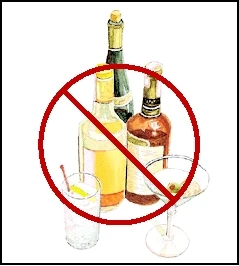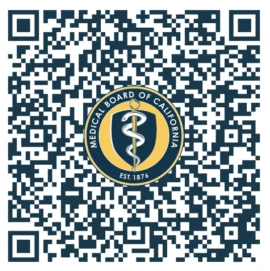
An evaluation helps your doctor find the cause of your liver problem. You may have a health history, an exam, and some tests. Treatment can control or slow down liver scarring. Follow your doctor’s instructions. Your treatment plan may include medications and some lifestyle changes, such as avoiding alcohol.
What You Can Do
If the causes of cirrhosis are not treated, your liver problem may worsen over time. And it can lead to severe liver damage or failure. That’s why you need prompt diagnosis and treatment. Visit your doctor regularly. And get the support you need from family and friends.
Making a Treatment Plan
You and your doctor will decide on a treatment plan that’s best for you. This may include:
- Medications to treat infection, a bile duct blockage, or problems with the brain and nervous system (hepatic encephalopathy). Or, medication may be used to improve blood clotting, if necessary.
- A reduced-salt diet and “water pills” (diuretics) to reduce any swelling in the abdomen or legs
- A healthy diet and possible weight loss program
- Removal of iron from the blood to decrease iron levels in liver tissue, if needed
- Severe cases of cirrhosis may need special treatments. Your doctor can discuss them with you.
Avoiding Alcohol
Alcohol use can destroy liver cells. If you have problems quitting alcohol, get the support you need. Your doctor may be able to suggest local groups that can help you stop drinking alcohol.


